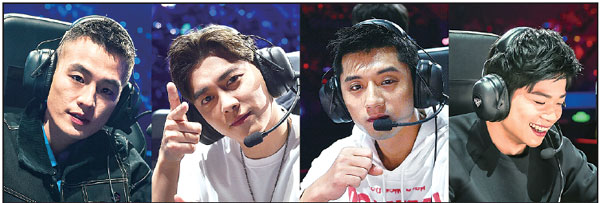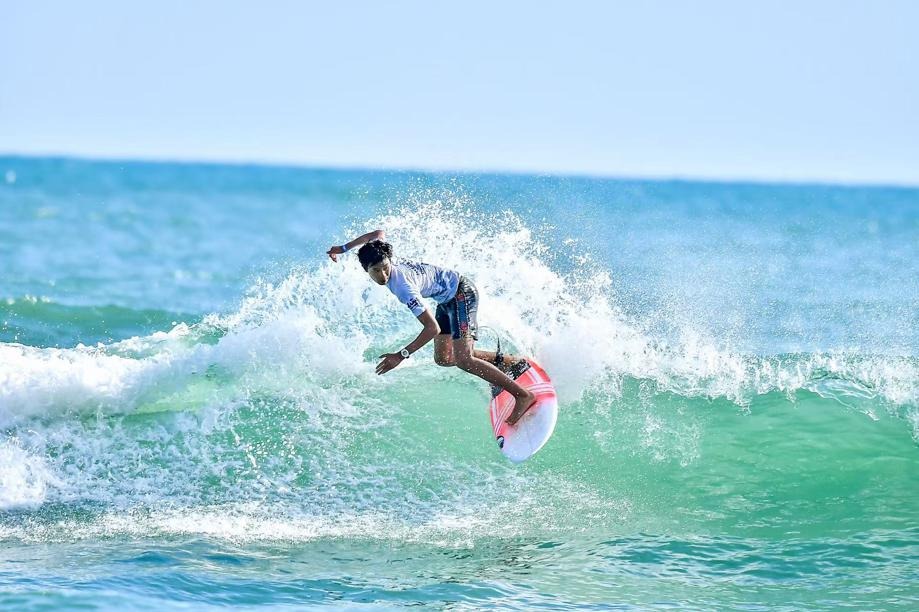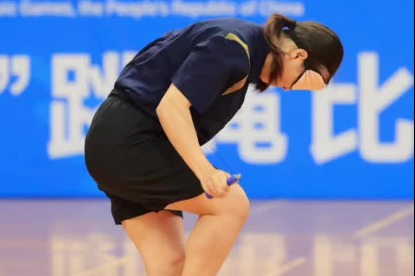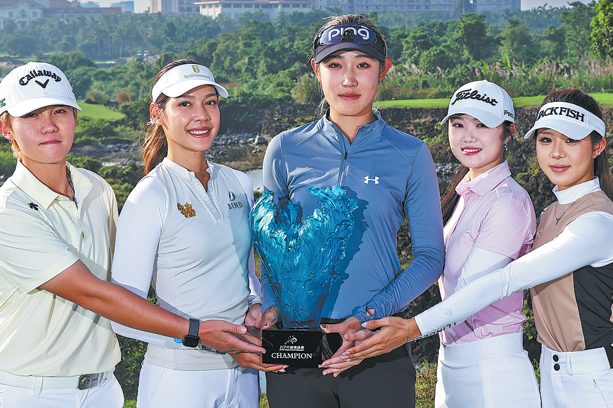KPL shoots for the stars with NBA blueprint in mind


China's King Pro League is bidding to slam-dunk its operation as the burgeoning e-sports competition bids to mimic the success of basketball's NBA.
"We've been studying the business models of traditional sports leagues and other internet companies," said KPL president Zhang Yijia.
"From the very beginning we have been aiming to build a professional league, and we have analyzed the operation model of the NBA and the English Premier League."
The KPL hopes to establish a complete and professional operation system and govern clubs with strict new rules and regulations.
"For the transfer of players, for example, we have already introduced a salary cap," said Zhang.
"This is a groundbreaking regulation for an e-sports league. People are familiar with NBA's salary cap, but having such a rule in e-sports is not easy.
"We are trying to avoid a situation in which some players have unreasonably high salaries, and also we want to protect the interests of every club."
There are currently 12 clubs in the KPL, but about 10,000 are waiting to join.
"The KPL and the clubs are in a win-win situation," said Zhu Bo, the founder of the team QGhappy, which completed a hat-trick of KPL titles at the league's fall season final in Shenzhen, Guangdong province, on Saturday.
"The league is becoming a community of shared interests, and introducing regulations like the salary cap is beneficial."
To ensure its sustainable development, the KPL has been working with the clubs to nurture talent, with players assigned professional training sessions, coaches and data analysts.
Clubs also have their own unique ways of cultivating future champions - QGhappy calls its system "The Sickle".
That may sound aggressive, but in reality QGhappy is carefully managing its players, even providing them with physicians and psychologists.
Recruiting top gamers, however, is not the clubs' biggest concern. Filling positions in roles such as management, coaching and broadcasting is proving problematic due to a labor shortage in the fast-growing sector.
"E-sports leagues are not places to merely train more gamers," said Zhu. "What the industry really needs is auxiliary talent.
"As announced in September when the fall season started, the KPL is working with the Communication University of China and Zhejiang University of Media and Communications to start a selection process and training courses for e-sports coaches, players and commentators.
"This will help to bring more professional talent to the league and create a sustainable talent-training model."
Most Popular
- Freeride World Tour Qualifier kicks off in Xinjiang's Hemu
- Gu's season-opening comeback win a huge confidence booster
- World Surf League returns to China for event at Hainan's Riyue Bay
- Video of visually impaired athlete earning a gold medal goes viral
- Highlights of para badminton at China's 12th National Games for Persons with Disabilities
- Highlights of China's 12th National Games for Persons with Disabilities





























